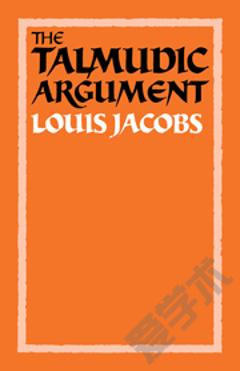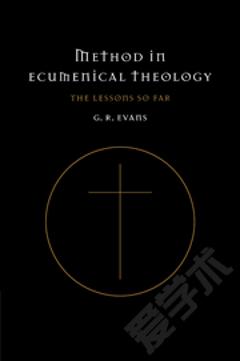The Talmudic Argument: A Study in Talmudic Reasoning and Methodology
1. The Talmudic argument 2. The literary form of the Babylonian Talmud 3. Ber rah: retrospective specification 4. Yeush she-lo mi-da'at: unconscious abandonment of property 5. Rubba: probability 6. Davar she-lo ba le-'olam: conveyance of a thing not yet in existence 7. Kol she-eyno be-zeh ahar zeh afilu be-vat ahat eyno: whatever cannot be established in a consecutive sequence cannot be established even in a simultaneous sequence 8. Yesh horesh telem ehad: a single act of ploughing can result in a number of penalties 9. Simanin de-oraita o de-rabbanan: whether reliance on distinguishing marks for the purpose of identification is Biblical or Rabbinic 10. Devarim she-be-lev e nam devarim: mental reservations in contracts are disregarded 11. Hazakah: presumptive state 12. Gadol kevod ha-beriot: the law and regard for human dignity 13. Hazmanah milts: whether the designation of an object for a particular use is effective 14. Mitzvat laseh she-ha-zeman geramah: positive precepts dependent on time from which women are exempt 15. Heyzek she-eyno nikar: indiscernible damage to property 16. Kinyan hatzer: acquisition by means of a domain 17. Palginan be-dibbura: admission of part of a testimony even though another part of the same testimony is rejected 18. Tadir u-mekuddash: which takes precedence: the more constant or the more sacred? 19. Palga nizka: the nature of the payment of half-damages to which the owner of a goring ox is liable 20. Patur mi-diney adam ve-hayyav be-diney shamayim: cases where there is liability in the eyes of God even though the human courts cannot enforce payment 21. Mahal 'al kevodo kevodo mahul: renunciation of honour by one to whom it is due 22. Conclusions.
{{comment.content}}








 京公网安备 11010802027623号
京公网安备 11010802027623号